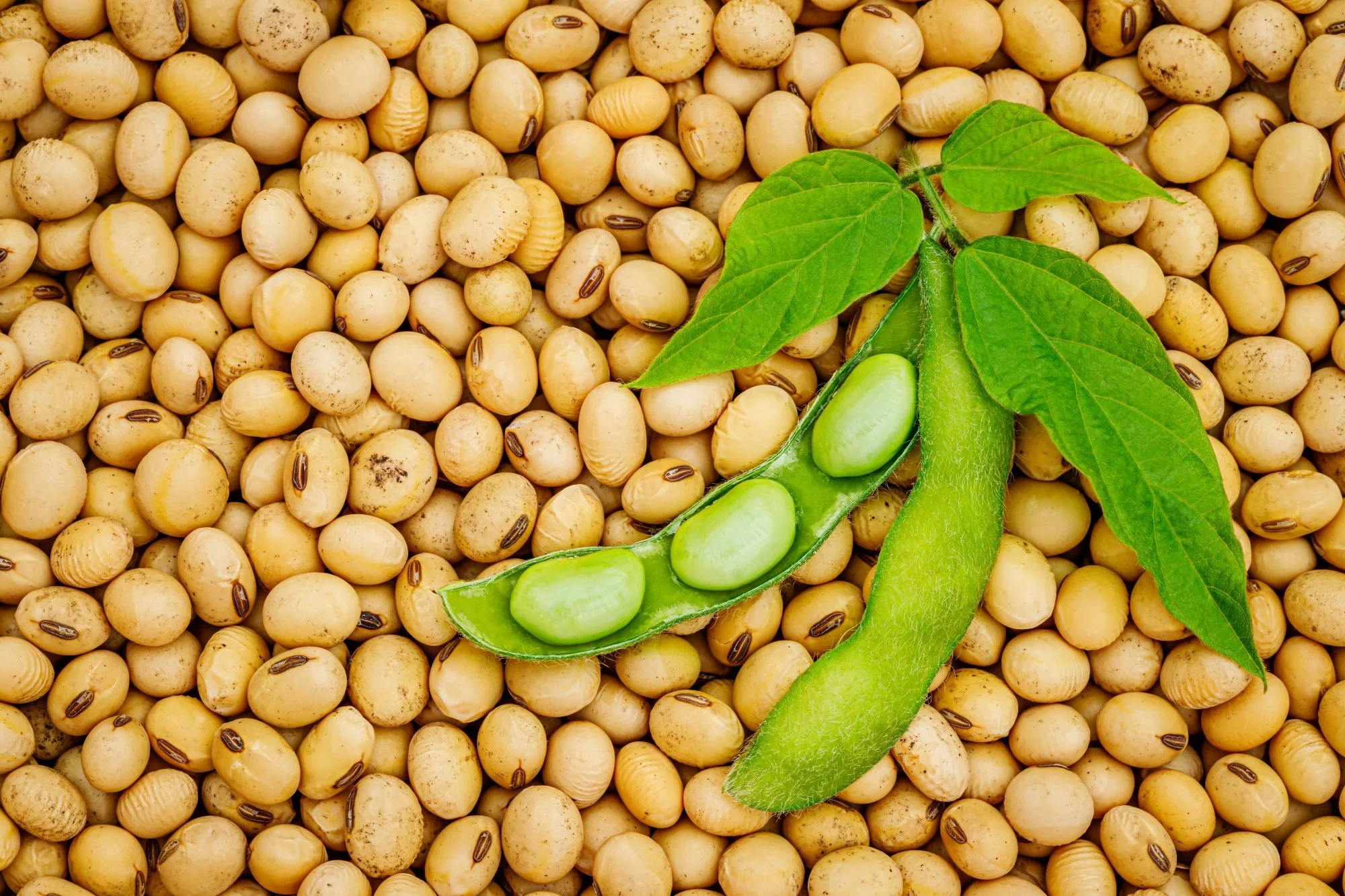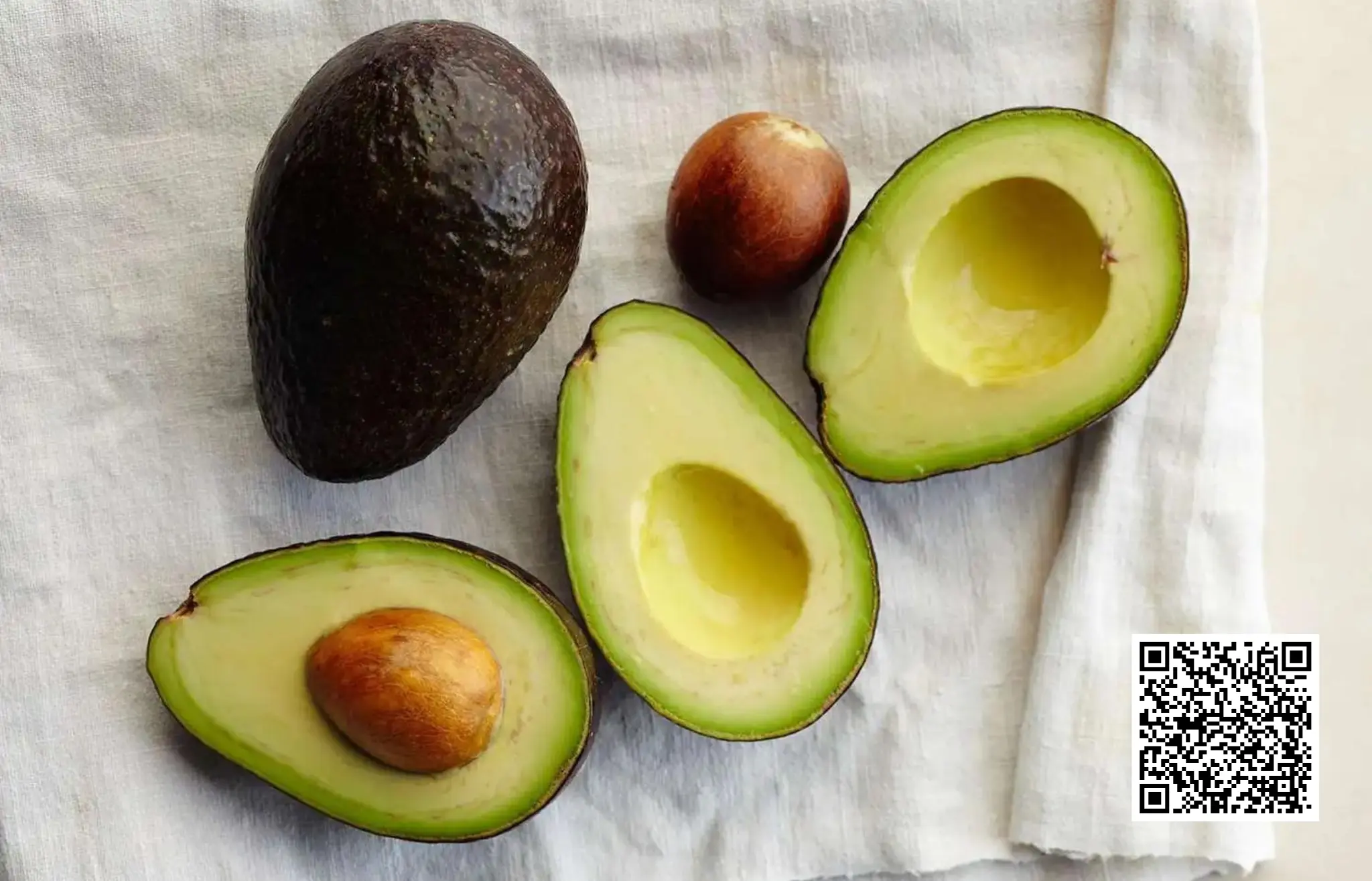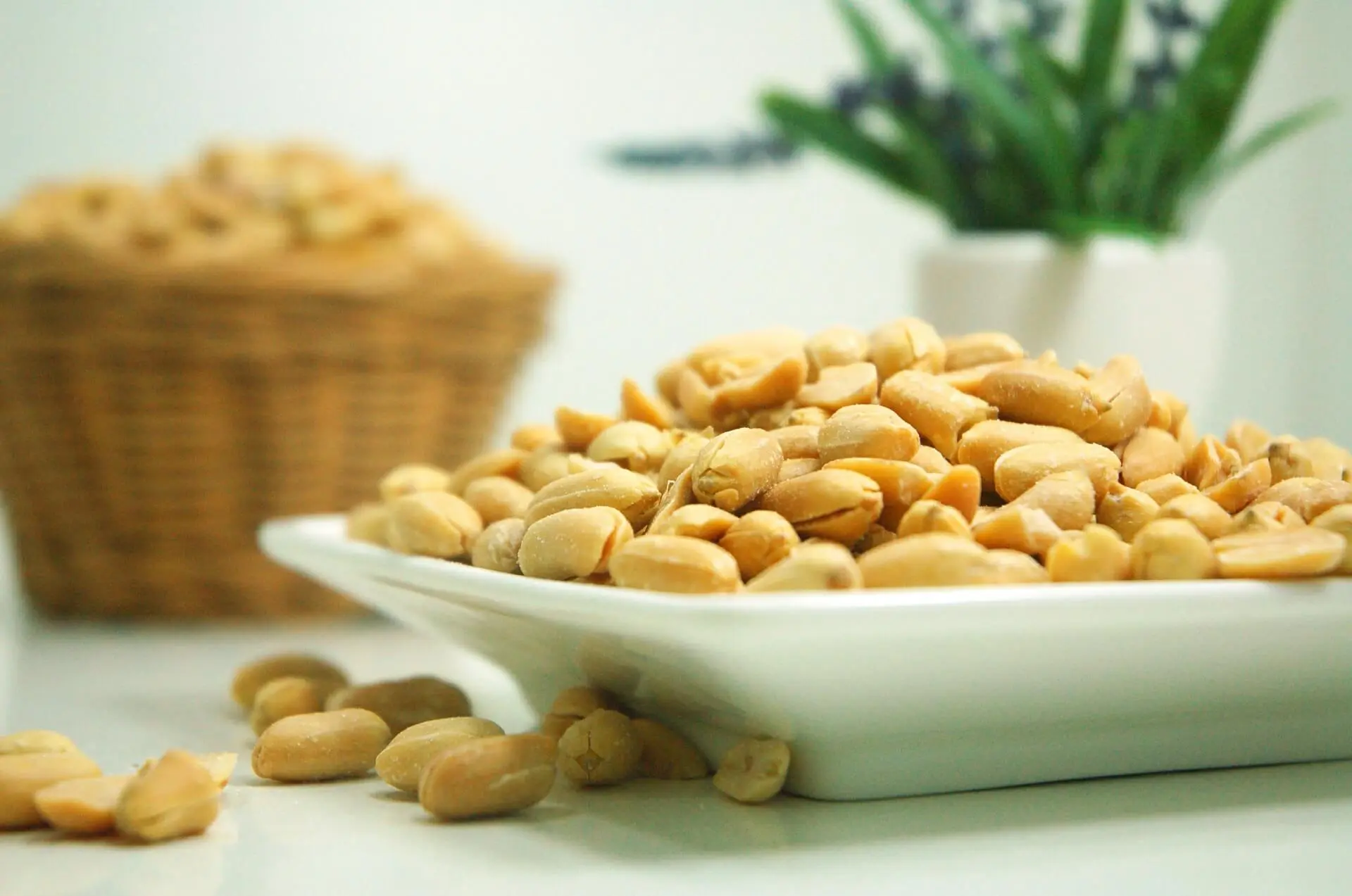
Introduction:
Soybeans, scientifically known as Glycine max, have emerged as a nutritional powerhouse, gaining popularity for their exceptional protein content and versatile applications in the culinary world. Originating from East Asia, soybeans have become a staple crop globally, contributing not only to agricultural economies but also to the health-conscious choices of individuals seeking plant-based alternatives. In this article, we will explore the nutritional benefits, culinary uses, and potential health advantages of incorporating soybeans into your diet.
Defeating Diabetes: Empower Yourself to Take Control of Your Health
Nutritional Profile:
Soybeans boast an impressive nutritional profile, making them a standout among plant-based foods. With a protein content of approximately 36-38%, soybeans provide all essential amino acids, earning them the distinction of being a complete protein source. Beyond protein, soybeans offer a wealth of nutrients, including dietary fibre, healthy fats, vitamins (such as B vitamins), and essential minerals like iron, calcium, and magnesium.
Health Benefits:
Soybeans are renowned for their numerous health benefits, making them a valuable addition to a balanced and nutritious diet. Here are some of the key health benefits associated with the consumption of soybeans:
-
- Rich Source of Protein: Soybeans are a complete protein source, meaning they contain all the essential amino acids necessary for human health. This makes them an excellent plant-based protein option, particularly for individuals following vegetarian or vegan diets.
- Heart Health: The consumption of soybeans has been linked to heart health. Soy protein, along with compounds like isoflavones and soluble fibre, may help lower levels of LDL (low-density lipoprotein) cholesterol, reducing the risk of cardiovascular diseases.
- Bone Health: Soybeans are a good source of calcium and magnesium, essential minerals for maintaining bone health. Consuming soy products can contribute to the prevention of osteoporosis and support overall bone density.
- Hormonal Balance: Soybeans contain phytoestrogens, which are plant compounds that can mimic the effects of estrogen in the body. While the research is ongoing, some studies suggest that phytoestrogens may help regulate hormonal balance and alleviate symptoms associated with hormonal fluctuations, particularly in menopausal women.
- Cancer Prevention: Some studies suggest that the compounds in soybeans, such as isoflavones, may have anti-cancer properties. Regular consumption of soy has been associated with a reduced risk of certain cancers, including breast and prostate cancer.
- Weight Management: The high protein and fibre content of soybeans can contribute to a feeling of fullness and satiety. Including soy products in your diet may help in weight management by reducing overall calorie intake.
- Blood Sugar Regulation: The soluble fibre in soybeans can help regulate blood sugar levels by slowing the absorption of glucose. This may be beneficial for individuals with diabetes or those at risk of developing the condition.
- Digestive Health: Soybeans contain both soluble and insoluble fibre, which promotes a healthy digestive system. Fibre helps prevent constipation, supports regular bowel movements, and contributes to overall gut health.
- Nutrient-Rich: In addition to protein, soybeans provide a wide range of essential nutrients, including vitamins (such as B vitamins) and minerals (such as iron, phosphorus, and potassium). This nutrient density contributes to the overall health benefits of soybeans.
- Antioxidant Properties: Soybeans contain antioxidants, such as isoflavones and tocopherols, which help neutralize free radicals in the body. Antioxidants play a role in protecting cells from oxidative stress and inflammation.
Culinary Uses:
Soybeans are incredibly versatile, and they are used to produce a variety of popular and widely consumed soy-based products. Here are some common soy-based products:
- Tofu (Bean Curd): Tofu is a popular soy product made by coagulating soy milk and pressing the resulting curds into blocks. It has a mild flavor and a versatile texture, making it suitable for both savory and sweet dishes. Tofu comes in various forms, including silken, soft, firm, and extra-firm.
- Soy Milk: Soy milk is a plant-based milk alternative made from whole soybeans or soy protein isolate. It is often used as a dairy milk substitute in various recipes, cereals, and beverages. Soy milk is a good source of protein and is often fortified with vitamins and minerals.
- Edamame: Edamame are young, green soybeans that are typically harvested before they fully mature. These are often boiled or steamed and served as a snack or appetizer. Edamame is a nutritious and protein-rich option.
- Tempeh: Tempeh is a fermented soy product that originated in Indonesia. It has a firm texture and a nutty flavor. Tempeh is created by fermenting cooked soybeans with a specific type of mold. It is a versatile ingredient used in various savory dishes.
- Soy Sauce: Soy sauce is a popular condiment and seasoning made from fermented soybeans, wheat, salt, and water. It adds a savory and salty flavor to a wide range of dishes in various cuisines.
- Soybean Oil: Soybean oil is a widely used cooking oil extracted from soybeans. It is commonly used for frying, sautéing, and as an ingredient in various food products.
- Soy Protein Isolate: Soy protein isolate is a concentrated form of soy protein that has had most of its non-protein components removed. It is often used as a protein supplement and as an ingredient in processed foods, including meat alternatives.
- Soy Yogurt: Soy yogurt is a dairy-free alternative to traditional yogurt made from soy milk. It is often used by individuals who follow a vegan or lactose-free diet.
- Soy-based Meat Alternatives: There are various soy-based meat substitutes, including soy burgers, soy sausages, and soy crumbles. These products are designed to mimic the taste and texture of meat and are popular among vegetarians and those looking to reduce their meat intake.
- Soy Flour: Soy flour is made by grinding roasted soybeans into a fine powder. It is a high-protein flour alternative that can be used in baking and cooking to add nutritional value to recipes.
Considerations:
While soybeans offer numerous health benefits, it’s essential to be mindful of individual dietary needs and preferences. Some people may have soy allergies, and concerns about genetically modified organisms (GMOs) may lead individuals to seek non-GMO or organic soy products.
EMPOWERING STRATEGIES FOR ECOLOGICAL BALANCE
Conclusion:
Soybeans have transcended their origins to become a global nutritional phenomenon. Packed with protein, vitamins, and minerals, soybeans offer a versatile and sustainable source of plant-based nutrition. Whether enjoyed in traditional East Asian dishes or incorporated into modern culinary creations, soybeans continue to play a crucial role in meeting the diverse dietary needs of people around the world. Embrace the soybean’s potential and unlock a world of flavorful, nutrient-rich possibilities in your kitchen.




